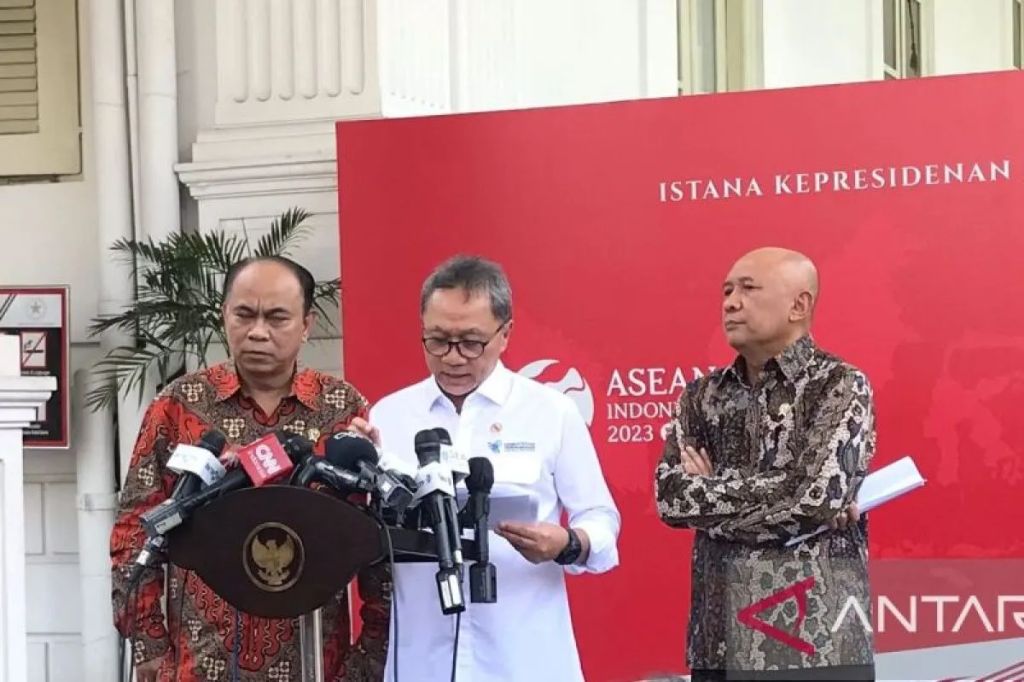In a significant move to delineate the boundaries between social media and commerce, Trade Minister Zulkifli Hasan announced on Monday that the government will introduce a regulation barring social media platforms from engaging in direct trade transactions.
The minister clarified that while social media platforms can promote goods and services, they are strictly prohibited from facilitating direct transactions and payments. Drawing a parallel, he mentioned, “Just as television and other digital media platforms serve as promotional avenues, social media should remain confined to that role.”
This announcement came after a high-level meeting chaired by the president at the Presidential Palace Complex. The essence of the discussion revolved around ensuring that digital platforms primarily serve as promotional tools rather than transactional hubs.
The impending regulation, set to be signed Monday afternoon, revises the Ministerial Regulation No. 50 of 2020. This updated regulation aims to distinctly separate “social commerce” from “social media” platforms. Minister Hasan emphasized the importance of this distinction, stating, “It’s essential to differentiate the two to prevent monopolization of algorithms and misuse of personal data for commercial objectives.”
Furthermore, the new regulation introduces a “positive list” of goods permissible for import. Interestingly, batik, a traditional fabric, finds its place on the “negative list,” implying its import is prohibited. Minister Hasan elaborated on the rationale behind this, asserting that imported items should adhere to the same standards as domestic products. For instance, food products must have halal certification, while skincare and beauty products require approval from the National Agency of Drug and Food Control (BPOM).
Reiterating the government’s commitment to fair trade practices, the minister added, “Electronic goods must meet specific standards, ensuring that imported items receive treatment akin to domestic products.” Additionally, the regulation sets a minimum price threshold, prohibiting the sale of imported goods priced below US$100.
This move by the government underscores its commitment to safeguarding domestic industries, ensuring fair competition, and preventing the misuse of personal data on digital platforms.

















